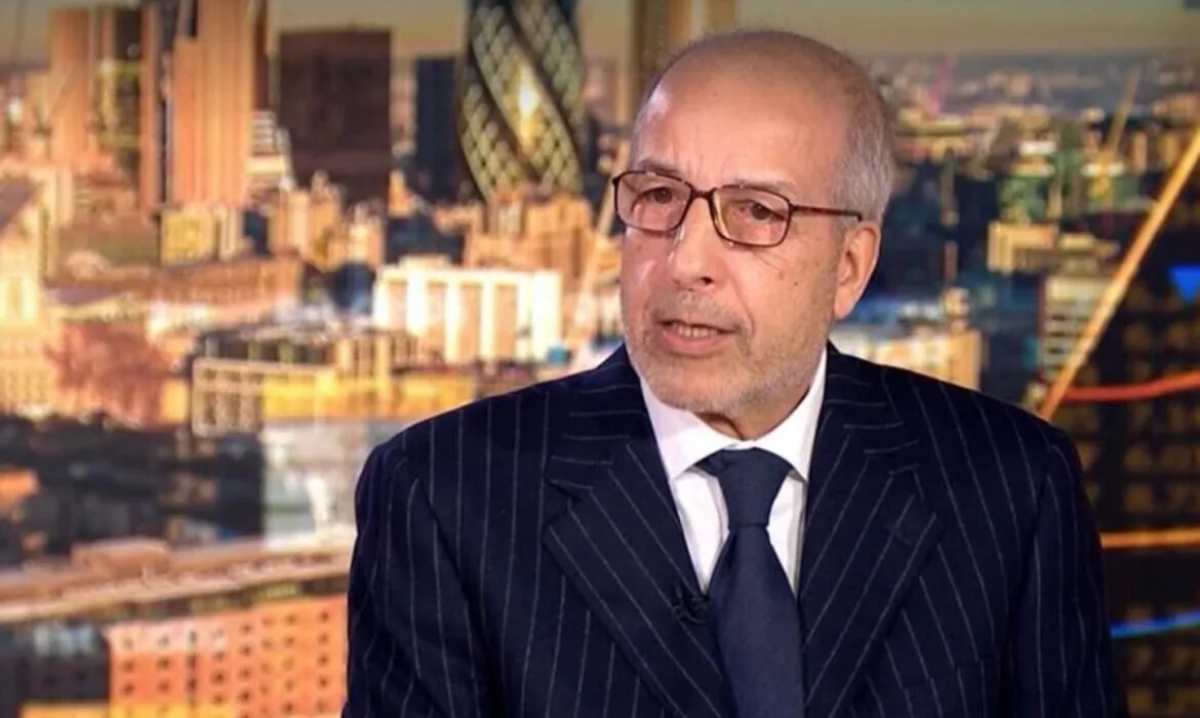Al-Kabeer Discloses Government Threats and Expresses Willingness to Step Down if Parliament and State Council Agree

The Governor of the Central Bank of Libya, Seddiq Al-Kabeer, stated yesterday, Tuesday, in an interview with WTV channel, that there is a group working with the Prime Minister of the Government of National Unity, Abdul Hamid Dbeibeh, that has no official position but holds more power than him, which is the reason for his disagreement with the government.
Al-Kabeer added that Ibrahim Dbeibeh has threatened both him and the Central Bank staff. He said that he requested the Prime Minister to grant Ibrahim an official status so they could deal with him, noting that Ibrahim is influential with the armed forces on the ground. Employees and their families were threatened and prevented from traveling, which he described as illegal behavior.
He further mentioned that currently, he is in constant communication with Aguila Saleh, Khaled Al-Mishri, and Osama Hammad, providing updates to the Speaker of the House of Representatives and the President of the High Council of State. He added that he has no communication with the Dbeibeh government. Al-Kabeer indicated that if the two councils—the House of Representatives and the State Council—agree to replace the governor, he would willingly step down. He also expressed his readiness to return to Libya soon, stating that it’s only a matter of days before he returns as governor.
Al-Kabeer emphasized that it is not the Central Bank that grants credit lines or licenses companies. He clarified, “We have a system: you submit your paperwork to the commercial bank, and if your documents are complete, the request is forwarded to the Central Bank, and we cover it.” He insisted that the Central Bank does not intervene in issuing credit lines.
He continued, “We have no connection with the parallel market, and anyone with evidence should refer to the Attorney General.” He explained that foreign currency imports were halted due to the theft of the Central Bank in Sirte. “We made several attempts, all of which failed, as Libya is considered high-risk. We fear that dollars or euros could fall into unsafe hands, which is why the activation of currency exchange companies has been prevented.” Al-Kabeer added that they are closely monitoring the market to prevent the gap between the official and parallel exchange rates from widening.
The Central Bank Governor pointed out that the oil blockade, increased spending, and the current situation do not inspire confidence among Libyans. He stressed the need for the country to diversify its sources of income and have both short- and long-term economic visions. He also expressed his view that commodity subsidies should be replaced with cash support for Libyan families.



